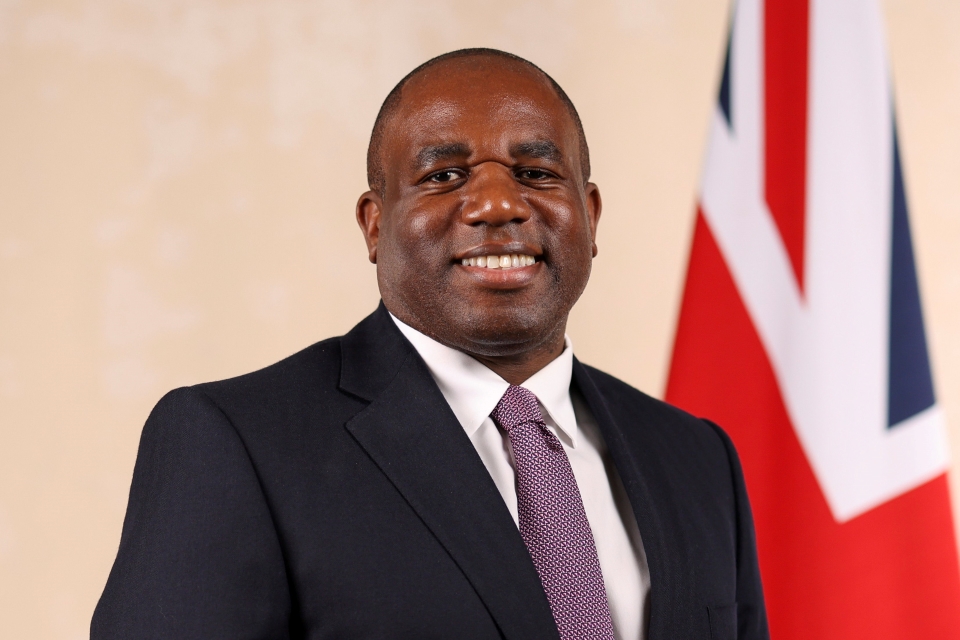Two years on from this war starting, with frontlines shifting again, I fear many onlookers feel a sense of déjà vu. The country’s fraught history also means that some conclude that further conflict is effectively inevitable.
Many have given up on Sudan. That is wrong. It’s morally wrong when we see so many civilians beheaded, infants as young as one subjected to sexual violence, more people facing famine than anywhere else in the world.
We simply cannot look away. And as I speak, civilians and aid workers in El Fasher and Zamzam IDP camp are facing unimaginable violence.
With over four million refugees having fled the country, and instability spreading far beyond Sudan’s border, it’s also strategically wrong to forget Sudan. And that’s why, as Foreign Secretary, I refused to turn away. I felt a duty to confront this war’s horrors head on.
I have been to the Sudanese border and met with survivors. I have called out attacks on civilians and humanitarian workers in the United Nations.
And I have doubled our aid to Sudan, and today I am announcing a further £120 million worth of support. But the biggest obstacle is not a lack of funding or texts at the United Nations, it’s lack of political will.
Very simply, we have got to persuade the warring parties to protect civilians, to let aid in and across the country and to put peace first.
And so we do need patient diplomacy. Bringing together this group today, focusing of course on the areas where we agree and building out from there is very very important today, indeed. Today’s goal is then to do just that. We all want to see Sudan’s sovereignty and territorial integrity upheld.
We all want to see a united state, with functioning institutions. We all want to see Sudan’s civilians protected, and the millions of displaced people able to return to their homes.
This is a strong basis to agree the steps needed then to relieve suffering and to end this awful war. I hope across our three sessions, we can agree a set of principles for our future diplomatic engagement.
When I met with Sudanese refugees in Chad I was frankly humbled by their resilience. In the face of unimaginable trauma, they had not given up on their country or the communities around them.
For their sake, we cannot resign ourselves to inevitable conflict. We cannot be back here one year from now, having the same discussion. So today, let’s show them and the world we have not given up on them. We have not given up on Sudan.
I am hugely grateful for the support from the African Union, and to my colleagues from France, Germany and the EU in supporting the shared endeavour.

